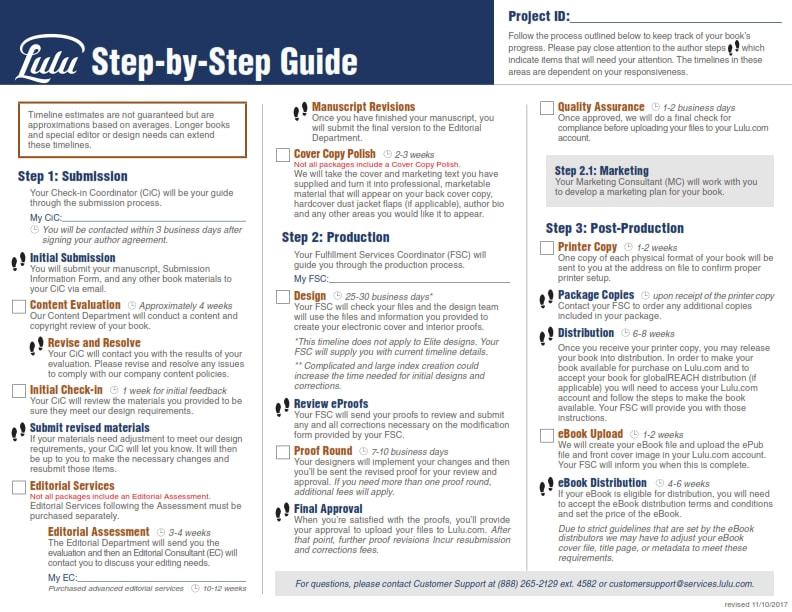|
Hi Folks!
Well, I’d wanted to add a blog post today about the raccoon, but with the COVID-19 going around now, it seems like a lot of folks are holed up in front of a computer at home. Yes, that’s ideal for a captive audience wanting to read any blog, but some of those same folks want to publish their own book someday. So, let’s discuss self-publishing. First, of course, you need to write that book! But eventually, after many hours of writing, having beta readers provide feedback, revising, and editing—you’ll turn to wanting to publish your book, so I’ll detail a little here about the self-publishing process. Quick note about traditional publishing Understand, there is the traditional publishing path where you would try to get a literary agent to represent your manuscript to a big publisher. And yes, there are still some small (called mini- or micro-) publishers out there who might take your manuscript without an agent, but they can be just as difficult to get into as trying to find an agent. Literary agents are hard to land, get swamped with unsolicited requests, and while you may out queries to many agents—following their submission guidelines to the letter—you may never hear from them. . . . ever. Self-publishing paths. Just as there are different paths to publish traditionally, you are also several ways to self-publish. There is of course the Do-It-Yourself (DIY) path: where you do everything from cover design. getting your ISBN (think bar code), official copyright, copy editing, to typesetting (i.e., how each page is set up) your manuscript. There are even some avenues for the DIYer to get into the distribution stream (e.g., Amazon, Barnes and Noble, Ingram, etc.). However, those steps mentioned here (there are more) require widely different skill sets, and while I’ve seen some DIY novels done rather well, I’ve seen many more that were not. Self-publishing companies. Opening word to the wise: do your research. There are many good self-publishing companies out there, but there are some that are not-so-good, or even vanity presses (i.e., not truly the same thing as a self-publishing company) that I don’t recommend. I use Lulu (at Lulu.com) as my self-publishing company (since Feb 2017), and I’ve been impressed with Lulu’s professionalism and capabilities. They have been quick with getting my book to market (the longest was about 120 days after the contract was signed—and a 10-day delay during that time was all me (!) not them). So, here’s is Lulu’s general checklist that I think you’ll find interesting. As I gear up for my fourth novel with them, I feel pretty comfortable with the steps, but if you have any questions, drop a question below, or send me an e-mail through this website (that way it doesn’t go into spam and I know it’s a real request).
0 Comments
|
Categories
All
|
- Ryland Creek
- About The Ryland Creek Novels
- Buy the Ryland Creek Saga: Print Books
- Buy the Ryland Creek Saga in E-Book
- The Ryland Creek Saga in Audiobook
- Blog: In a place called Painted Post
- Reader Reviews for The Ryland Creek series
- Meet the Author:Joseph Gary Crance
- An Ode to Painted Post
- The Magical Realism of the Ryland Creek Saga
- Other local authors
- Contact
- Leave A Reader Review
- Ryland Creek
- About The Ryland Creek Novels
- Buy the Ryland Creek Saga: Print Books
- Buy the Ryland Creek Saga in E-Book
- The Ryland Creek Saga in Audiobook
- Blog: In a place called Painted Post
- Reader Reviews for The Ryland Creek series
- Meet the Author:Joseph Gary Crance
- An Ode to Painted Post
- The Magical Realism of the Ryland Creek Saga
- Other local authors
- Contact
- Leave A Reader Review


 RSS Feed
RSS Feed